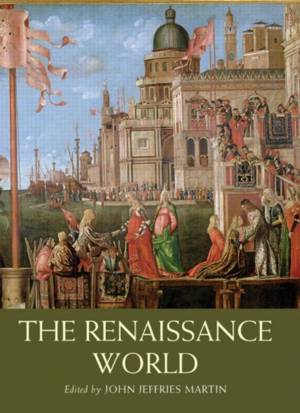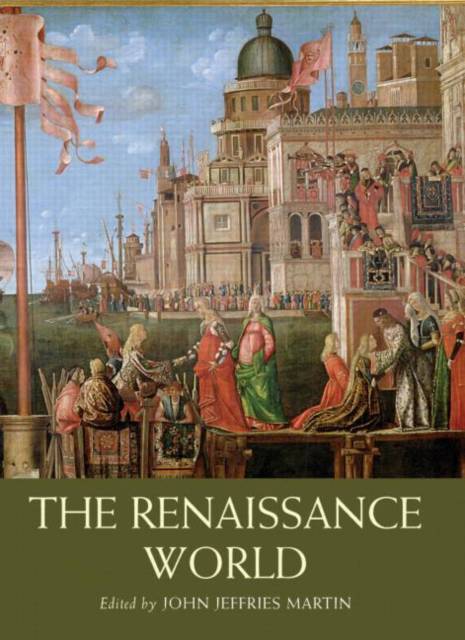
- Retrait gratuit dans votre magasin Club
- 7.000.000 titres dans notre catalogue
- Payer en toute sécurité
- Toujours un magasin près de chez vous
- Retrait gratuit dans votre magasin Club
- 7.000.0000 titres dans notre catalogue
- Payer en toute sécurité
- Toujours un magasin près de chez vous
Description
With an interdisciplinary approach that encompasses the history of ideas, political history, cultural history and art history, this volume, in the successful Routledge Worlds series, offers a sweeping survey of Europe in the Renaissance, from the late thirteenth to early seventeenth centuries, and shows how the Renaissance laid key foundations for many aspects of the modern world.
Collating thirty-four essays from the field's leading scholars, John Jeffries Martin shows that this period of rapid and complex change resulted from a convergence of a new set of social, economic and technological forces alongside a cluster of interrelated practices including painting, sculpture, humanism and science, in which the elites engaged.
Unique in its balance of emphasis on elite and popular culture, on humanism and society, and on women as well as men, The Renaissance World grapples with issues as diverse as Renaissance patronage and the development of the slave trade.
Beginning with a section on the antecedents of the Renaissance world, and ending with its lasting influence, this book is an invaluable read, which students and scholars of history and the Renaissance will dip into again and again.
Spécifications
Parties prenantes
- Auteur(s) :
- Editeur:
Contenu
- Nombre de pages :
- 724
- Langue:
- Anglais
- Collection :
Caractéristiques
- EAN:
- 9780415332590
- Date de parution :
- 24-08-07
- Format:
- Livre relié
- Format numérique:
- Genaaid
- Dimensions :
- 182 mm x 253 mm
- Poids :
- 2000 g

Les avis
Nous publions uniquement les avis qui respectent les conditions requises. Consultez nos conditions pour les avis.






